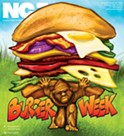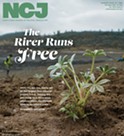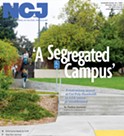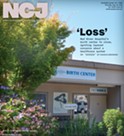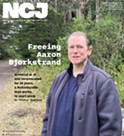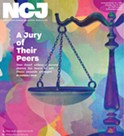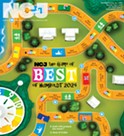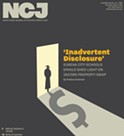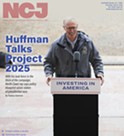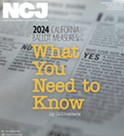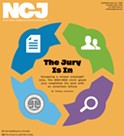[
{
"name": "Top Stories Video Pair",
"insertPoint": "7",
"component": "17087298",
"parentWrapperClass": "fdn-ads-inline-content-block",
"requiredCountToDisplay": "1"
}
]
A year ago, lying in bed at 3 a.m., I had what I think of as my "Putin Moment": I couldn't remember the name of the Russian president. Not that I'm a hypochondriac but I asked my physician the next time I saw her if she thought this might the start of cognitive decline, along with all those scary words: disorientation, dementia, Alzheimer's. She laughed, reassuring me that a temporary memory loss was to be expected at my age (81). "You'd probably have known in your 60s and 70s if you were getting dementia," she said.
Well, OK, that was great to hear, but things are changing. I'm slower at doing the New York Times daily crossword (although I usually finish, as long as a critical clue isn't about sports or Taylor Swift); I frequently lose track of what I'm reading and have to go back a paragraph or two; and names! I even forget what the word is when you regularly forget a name when meeting a friend. (It's prosopagnosia, aka "face blindness.")
Depending on what you read, there's good news and bad news for someone like me. The bad news, as reported in the 2023 June/July Discover magazine, is that the most popular methods to improve one's mind, i.e. online apps, are mostly useless for general purposes. For instance, Lumosity, one of the leading players in the $10 billion "brain training" industry, has been around since 2007 with more than 100 million users worldwide. Their program consists of some 50 "brain training" modules that claim to offer "statistically significant improvements" for a variety of cognitive tasks. When the Federal Trade Commission challenged the claim, the company ended up settling deceptive advertising charges for $2 million for lack of hard evidence.
The problem, apparently, is that whatever ability an app claims to help improve — matching cards, arranging tiles, recognizing patterns and the like — rarely carries over into the real world. Brain training may be fun but it's not the same as learning to function better in one's day-to-day life. This "far transfer" problem, as it's called, has been known for a long time. For instance, in 1906, psychologist Edward Thorndike showed that volunteers could be trained to estimate the areas of rectangles, but that this skill didn't transfer to the estimating the areas of triangles.
Meanwhile, the good news, as reported by two researchers in October's Scientific American, is that we oldsters may be able to recover our long-lost youthful abilities to perform mental tasks. They enrolled two dozen people ages 58 to 86 and, in weekly face-to-face lessons, had them learn new skills, such as Spanish, drawing, photography and iPad use. "The participants' scores for memory and flexibility improved significantly," the authors write, to the point where their cognitive abilities matched those of adults 50 years younger. They add, "Decline, as we so often see it, may not be inevitable." (A sample of 24 is barely significant but it's a good start and worthy of future research.)
I suspect the different conclusions in these two articles may come down to: What's useful in real life? If I can learn how to keep track of names by noting them in my iPhone or asking Siri, "Who's the President of Russia?" rather than agonizing over it, or trust Google maps to get me from point A to point B, I'm probably good for another 150,000 miles or 15 years.
Whichever comes first.
Barry Evans (he/him, [email protected]) has forgotten the witty byline he came up with.
Speaking of...
more from the author
-
The Cost of Loneliness
- Sep 26, 2024
-
The Not-So Incredible Shrinking Brain
- Sep 12, 2024
-
Woolly Mammoths: The Lady's Not for Cloning
- Aug 29, 2024
- More »







